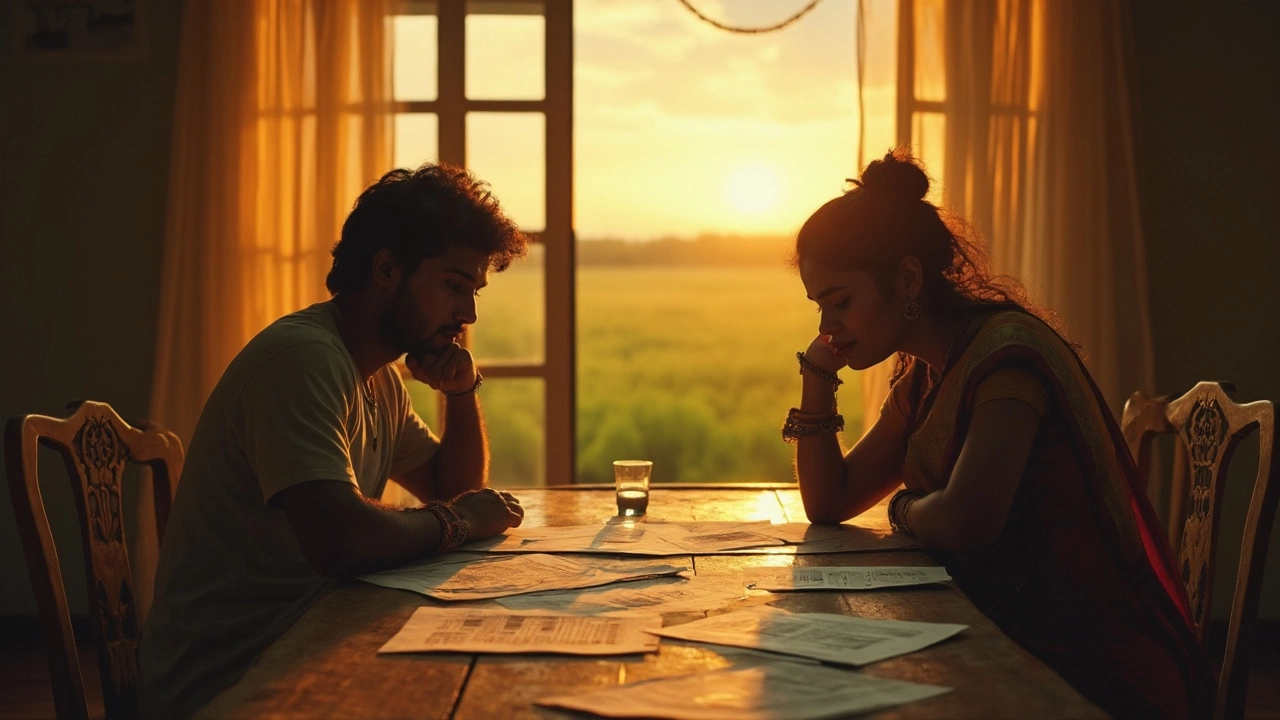Co‑Parenting After Divorce: What Indian Parents Need to Know
Separate lives don’t have to mean separate kids. When a marriage ends, figuring out how to raise children together can feel overwhelming. The good news is Indian law offers clear routes for joint parenting, and a few practical habits can keep the process smooth. Below you’ll find the basics – from legal rights to daily communication tricks – that help both parents stay on the same page.
Legal Basics of Child Custody in India
In India, the courts follow the best‑interest‑of‑the‑child principle. That means the judge looks at who can give the child stability, education, and emotional support. Custody can be sole (one parent) or joint (both share decisions). Joint custody doesn’t always split time 50/50; it simply means both parents have a say in major decisions like school, health, and religion.
If you’re filing for divorce, you can ask the court for a custody order that outlines visitation, holiday plans, and who pays for expenses. Many families settle these details out of court – mediation, family counseling, or a simple written agreement works if both sides agree.
Practical Tips for Successful Co‑Parenting
Legal paperwork sets the stage, but day‑to‑day habits keep the partnership working. Here are three habits that make a difference:
- Set a shared calendar. Use a free app or a printed schedule to mark school events, doctor appointments, and custody swaps. When both parents see the same timeline, last‑minute surprises drop dramatically.
- Communicate like a project. Keep messages short, factual, and focused on the child. Texts such as “Sam’s doctor is at 4 pm on Thursday – can you pick him up?” avoid misunderstandings and keep emotions out of the conversation.
- Respect boundaries. Once you’ve agreed on a decision, stick to it. Going back to argue about a past choice erodes trust. If a new issue pops up, bring it up calmly and give the other parent time to respond.
Remember, the child benefits when parents model respectful conflict resolution. Even small gestures – like sending a birthday card together – reinforce a united front.
If you hit a snag, don’t jump straight to court. Many Indian cities have family dispute resolution centres that offer free mediation. A neutral mediator can help rewrite a custody plan that fits both parents’ schedules without the courtroom drama.
Lastly, consider professional help for the child. A child psychologist can guide the kid through the transition, and the report often helps courts see the child’s emotional needs more clearly.
Co‑parenting isn’t about winning; it’s about giving your child a stable, loving environment despite the change. By knowing your legal rights and building clear, everyday routines, you turn a tough situation into a manageable partnership.

Biggest Regret in Divorce: Lessons from a Family Law Attorney
Exploring the biggest regrets associated with divorce, this article sheds light on common pitfalls with insights from family law experts. Understanding emotional and financial repercussions post-divorce helps individuals navigate through this life-altering event. Learn practical tips for minimizing regrets and making informed decisions regarding children and finances.